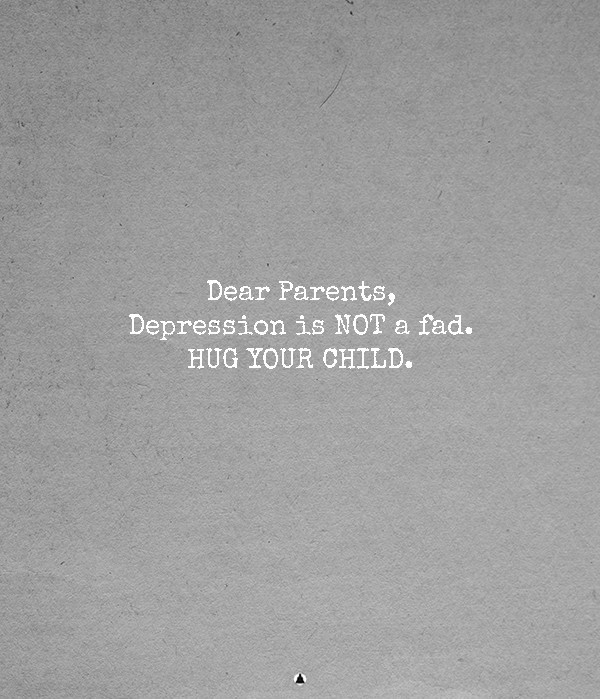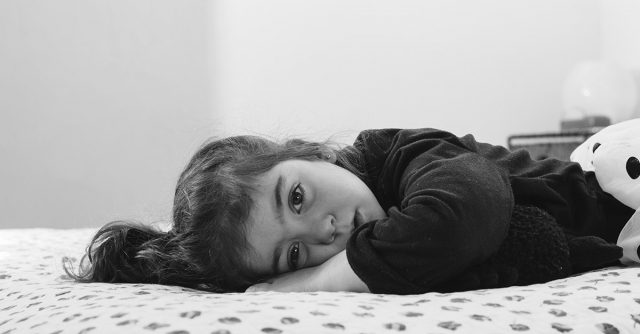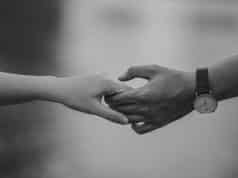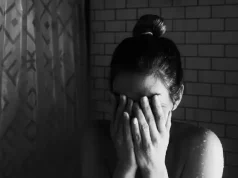As kids develop and grow, they feel a lot of negative feelings and experience many strange emotional reactions that they don’t know how to call them or what is happening. But they will let their parents know that something doesn’t feel right with them even when they don’t know what it is.
And even though children have a completely different perception of the reality and they see things differently than we do, they are not as self-aware and educated as an adult. Therefore, to a child, feelings can be really confusing, and they can’t define them correctly, so a real prediction on their health based on their feelings is not likely. Children will tell the symptoms they experience to their parents and then wait for their help and wisdom.
But, up until recently, the majority of adults were not even aware of the regularity of childhood mental illnesses and disorders other than ADHD. Even more so, even in adulthood, anxiety is a condition that is not being taken seriously because many people still believe that anxiety is only a fear that is taking a hold of us. But anxiety is so much more than fear, and those who struggle with anxiety know how exhausting and all-consuming it is.
Every child has a moment when they hide behind their parents because they are scared of the dark or they’ve heard a loud and strange noise. When they do that, the kids are anxious, and this is considered to be a usual thing given the circumstances.

Sadly, kids can develop an anxiety disorder that will negatively affect their whole life and relationships. Statistics have shown that one out of every 8 children suffers from anxiety. And if the disorder is left untreated it can be disastrous for them because it will transpire into having severe sleep trouble, difficulties in developing and maintaining connections with other people, and even substance abuse.
Anxiety can make your kid feel as though they are not enough, that they are worthless, that there is something wrong with them. And because of that they won’t reach their full potential and follow their dreams. Moreover, untreated anxiety often leads to severe depression.
Therefore, how can we save our kids? How can we listen and recognize our kid’s cry for help? Here are the signs you should look for because oftentimes your kid won’t tell you they have anxiety, but you should look for the symptoms of it.
- Continuous stomach aches, especially during stressful situations
- Restlessness
- Agitation
- Having difficulty in transitioning
- Avoiding situations and people that can stress them out even a little bit
- Having a meltdown over the smallest issues
- Being a perfectionist to an extreme
- Weird coping mechanisms that can be perceived as self-harm (scratching, biting, pulling of their own hair, pinching, etc.)
If you notice your child doing these things, you should be aware that your kid is stressed out and the stress intervenes in their activities and changes their behavior. Therefore, you should seek help from an experienced and trusted therapist.
Your kid cannot help themselves. You can help them.





